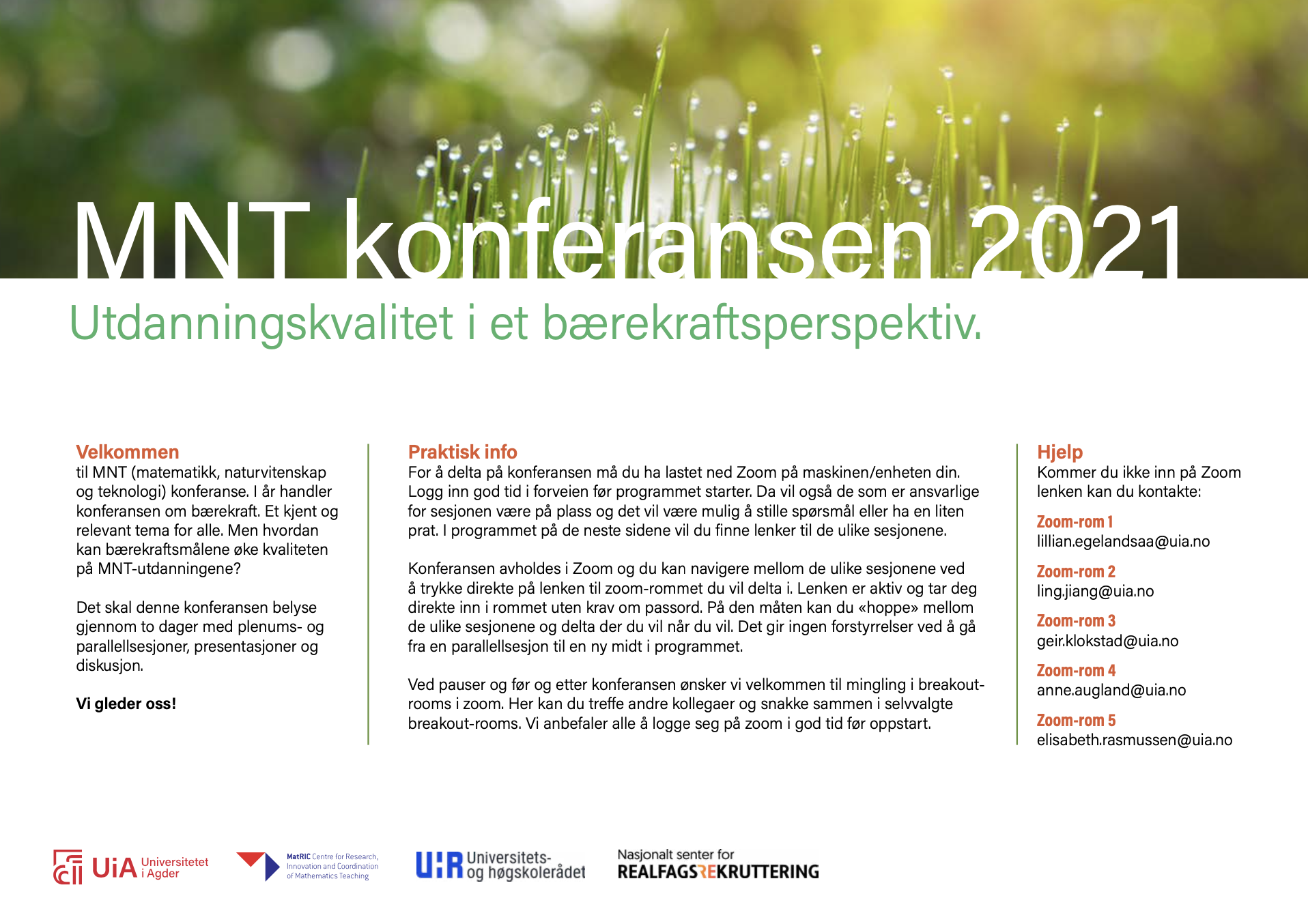Product development and project-based learning in Mechatronics, in the context of digitization and sustainability
DOI:
https://doi.org/10.5324/njsteme.v5i1.3946Abstract
Engineering projects affect many of the UN’s sustainability goals. The development and design of new products and systems using a circular economy perspective is an important challenge towards a more sustainable society. Product development projects have common process characteristics, but methodologies, tools and methods differ for developing hardware (mechanical and electrical) or developing software. In Mechatronics such methods need to be combined, and product development and project-based learning is well suited for teaching and learning within Mechatronics, in addition to technical specialization subjects within both mechanical, electrical and software engineering. It is also suited for developing consciousness for sustainability. At UiA project-based learning is a part of several courses. This article draw out some experiences from teaching two different project-based product development courses the last two years, one at Bachelor and one at Master level. The courses are viewed as products, and product development is used as methodology for developing teaching and learning as well. The aim is continuous improvement of the learning outcome of these courses. This is in accordance with the SoTL-approach, Scholarship of teaching and learning.
Downloads
Downloads
Published
Issue
Section
License
Copyright (c) 2021 Mette Mo Jakobsen, Sondre Sanden Tørdal, Andreas Klausen, Kjell Gunnar Robbersmyr, Ilya Tyapin

This work is licensed under a Creative Commons Attribution 4.0 International License.
The Nordic Journal of STEM Education licenses all content of the journal under a Creative Commons Attribution (CC-BY) licence. This means, among other things, that anyone is free to copy and distribute the content, as long as they give proper credit to the author(s) and the journal. For further information, see Creative Commons website for human readable or lawyer readable versions.
Authors who publish with this journal agree to the following terms:
1. Authors retain copyright and grant the journal right of first publication with the work simultaneously licensed under a Creative Commons Attribution License that allows others to share the work with an acknowledgement of the work's authorship and initial publication in this journal.
2. Authors are able to enter into separate, additional contractual arrangements for the non-exclusive distribution of the journal's published version of the work (e.g., post it to an institutional repository or publish it in a book), with an acknowledgement of its initial publication in this journal.
3. Authors are permitted and encouraged to post their work online (e.g., in institutional repositories or on their website) prior to and during the submission process, as it can lead to productive exchanges, as well as earlier and greater citation of published work (See The Effect of Open Access

